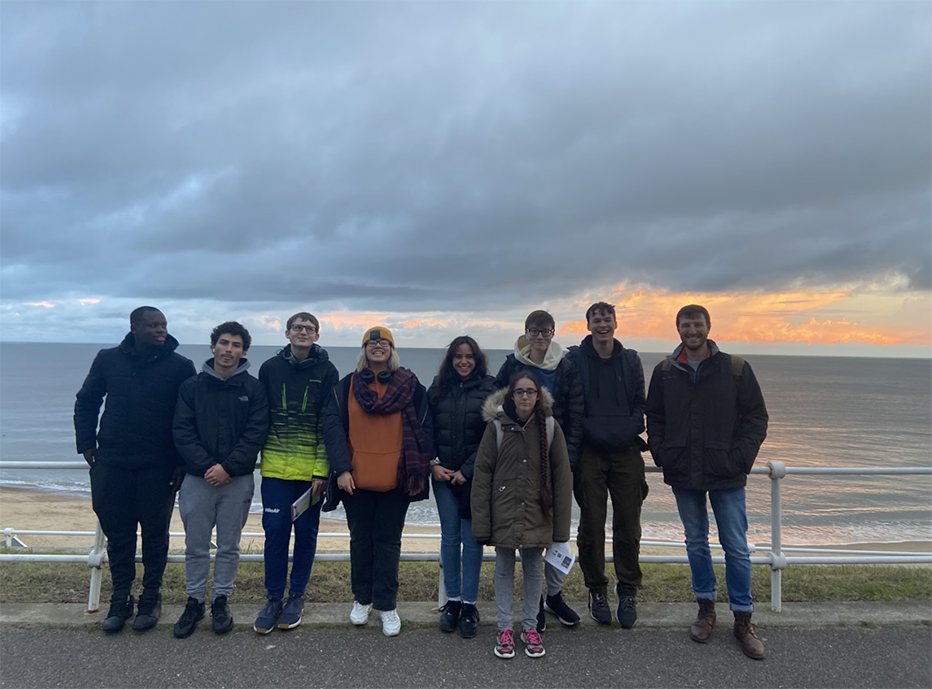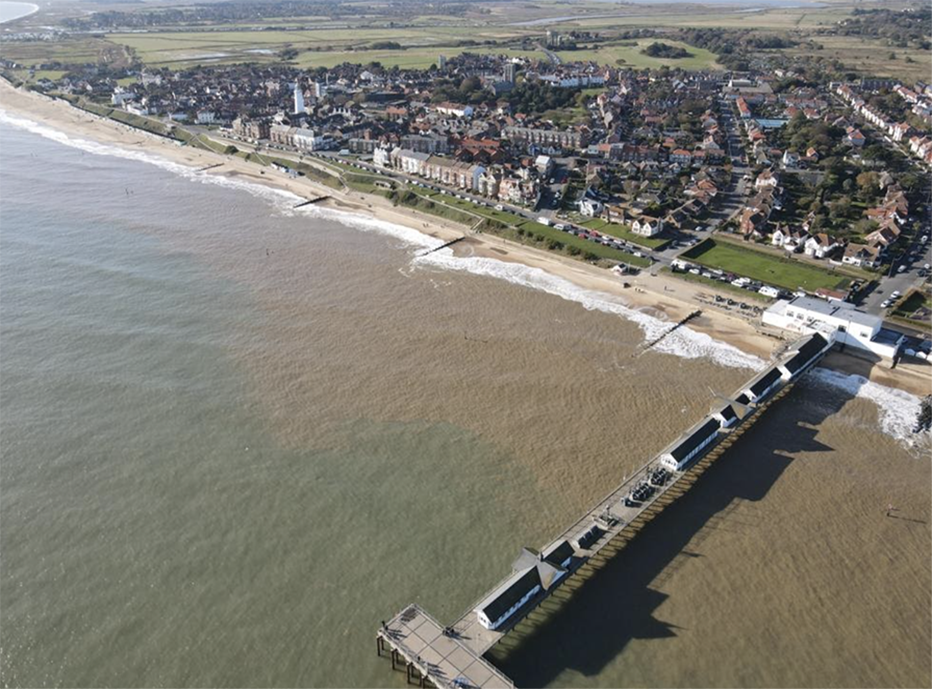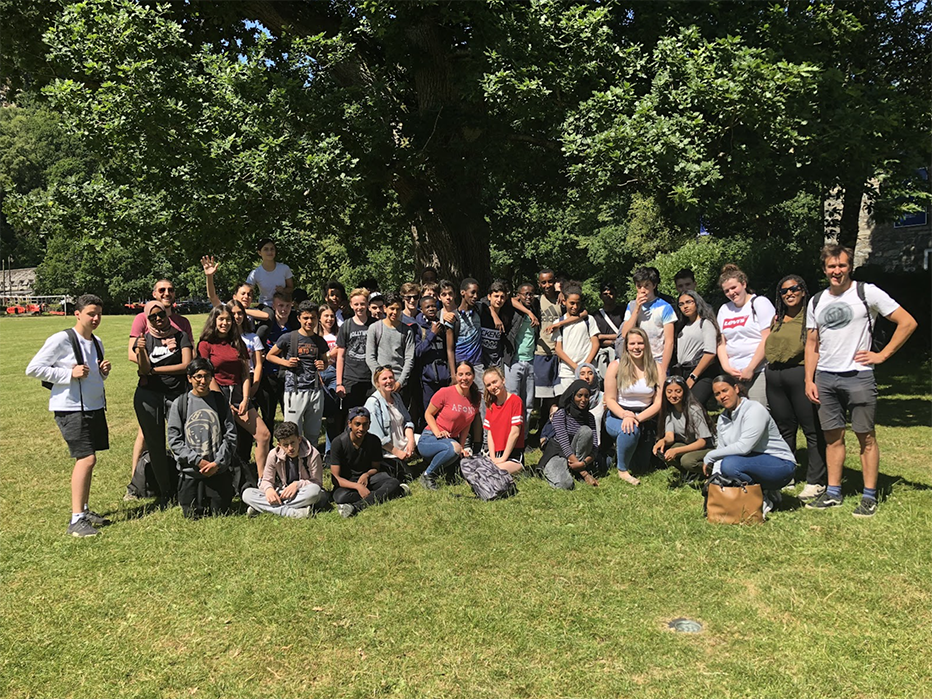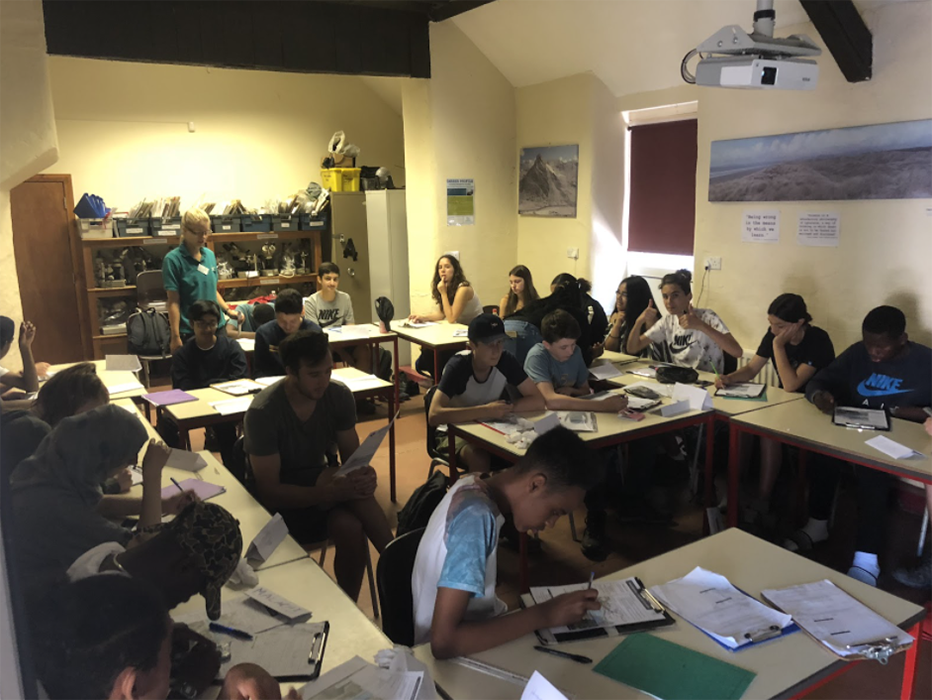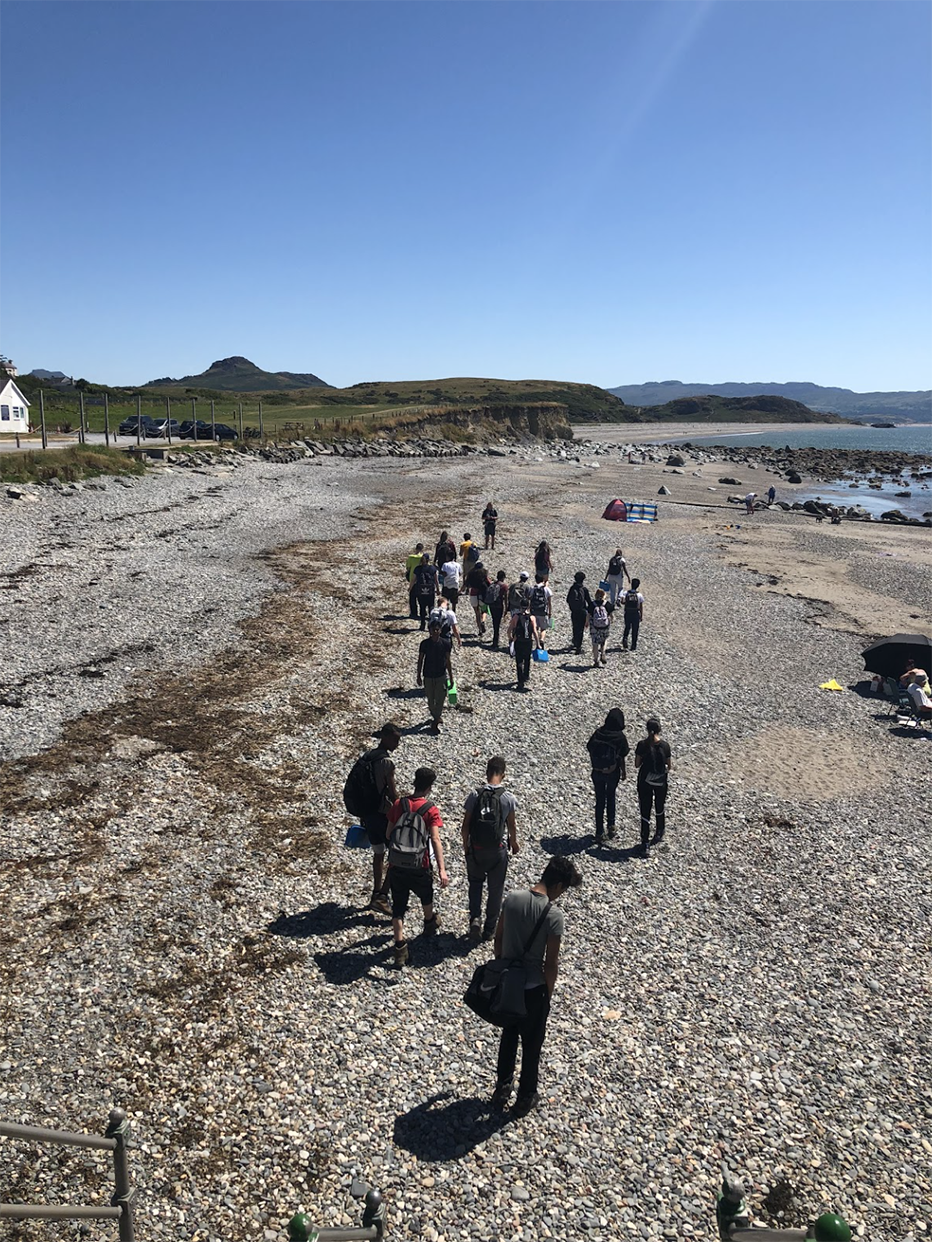
Geography
Geography at the Academy seeks to provide our students with a better understanding of the world in which they live. Our students are given the opportunity to learn about various locations around the world from countries such as China and the Democratic Republic of Congo, to regions such as The Horn of Africa and The Middle East. Geography is a dynamic subject and we aim to ensure that we use current and up to date events to help students better contextualise the world around them. Throughout their time at the Academy, students will develop a deep understanding of the human and physical processes that shape our environment. The curriculum has been designed to allow students to continuously build on their prior learning and make links between their studies both in Geography and across the school through the embedded links to the UCL Grand Challenges each term. The academic course is complemented by fieldwork opportunities at every level that allow our students to explore different environments and conduct research into them. We hope to provide our students with skills that can be used both inside and outside the classroom, to enable them to become global citizens with a rich understanding of the world around us.

Key Stage 3
All students take Geography in Key Stage 3 and have 1 double lesson each week from Year 7 through to Year 9. The KS3 Geography course provides students with the opportunity to study a broad range of topics from environmental issues such as climate change to human challenges such as migration. Geography at the Academy utilises an enquiry approach with students engaging with a different enquiry question each term. Each lesson, students will learn more about the topic and demonstrate their understanding in a summative assessment by answering the overt-arching enquiry question. The lessons themselves make links with UCLs Grand Challenges and seek to help students connect their learning in geography to their learning in other subjects. The skills and knowledge students develop during their time in KS3 helps give them an understanding of the world and gives them the necessary foundations to be able to access the GCSE course should they choose to take up the challenge. An overview of the KS3 curriculum can be found here: KS3 Overview
Key Stage 4
Geography students in Years 10 and Year 11 take the AQA Geography GCSE, this builds upon the knowledge and skills developed in KS3 and is taught through 1 single and 1 double lesson each week. This combines both Physical and Human Geography units. The Physical Geography students learning includes the Challenges of Natural Hazards, The Living World, and Physical Landscapes in the UK. Whilst the Human Geography students learn about Urban Issues and Challenges, The Changing Economic World and Global Resource management. In addition to the classroom education, students will also be given the opportunity to attend two fieldwork trips as part of the course, a day trip to Stratford to investigate the regeneration that occurred during the development of the Olympic park, and a residential trip to investigate coastal processes.
Key Stage 5
Geography A Level continues to build upon the knowledge and skills gained at both KS3 and 4. Students complete modules in both Physical and Human Geography through the Edexcel exam board. The Physical Geography that students study across the two years includes Tectonic Processes and Hazards, Coastal Landscapes and Change, The Water Cycle and Water Security, and The Carbon Cycle and Energy Security. The Human Geography that students will study across the two years includes Globalisation, Regenerating Places, Superpowers, and Health and Human Rights Intervention. All of these modules are underpinned by three synoptic themes that help students to connect their learning and develop a deeper understanding of the material. These themes include the players involved in different issues, the attitudes those plates hold, and the future and uncertainties of the issues. In addition to the taught curriculum, students will also be given the opportunity to participate in a residential trip to Southwold in order to investigate a question of their choice as part of their Non-Examined Assessment (NEA). Students are able to choose from a range of human and physical options related to the course and will write up their findings in the form of a report, which is great preparation for students seeking to go to university.
Curriculum Map
Please scroll down to view the relevant faculty and page.
